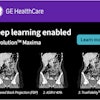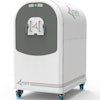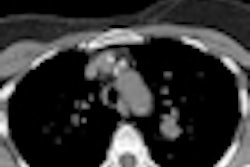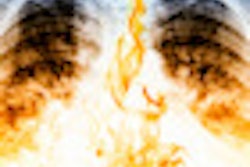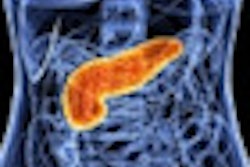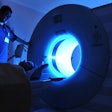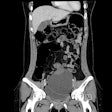Dear CT Insider,
When it comes to quality research, the Erasmus Medical University in Rotterdam, the Netherlands, must rate as one of Europe's most respected institutions. This month, authors from the Erasmus have published a commentary about the pros and cons of lung cancer screening with CT, and the article provides a very neat and balanced summary of where we stand. To read more, visit your CT Digital Community, or click here.
Selecting the right patients for lung cancer screening is a major problem, but researchers from Liverpool, U.K., believe they may have a found a solution. Their findings appeared in this week's Annals of Internal Medicine, and you can get the story here.
Dose reduction remains an overriding priority for medical imaging professionals, and conducting a CT dose survey can help by boosting understanding and analysis of practice. The mean values from these surveys are useful to compare with national or even international diagnostic reference levels to facilitate benchmarking and ultimately optimization of dose, according to a new study. Click here to find out more.
No nationwide program currently exists for tracking patient radiation exposure, but this situation is changing rapidly, according to a global survey from the Vienna-based International Atomic Energy Agency (IAEA). Belgium, Bulgaria, China, Iran, Italy, Lebanon, Slovakia, and the U.S. are all setting up programs, and other countries may follow. To learn more, click here.
Flat colorectal lesions are difficult to visualize on CT colonography, but a group from Japan did quite well finding them after patients underwent bowel cleansing and automated insufflation before CT scanning, according to a study in the Scandinavian journal Acta Radiologica. Click here for our report.
Finally, the European Society of Cardiology's annual congress begins in Munich this weekend, and we'll have news and analysis about cardiac CT over the coming weeks. Make sure you check back to your CT Digital Community.


